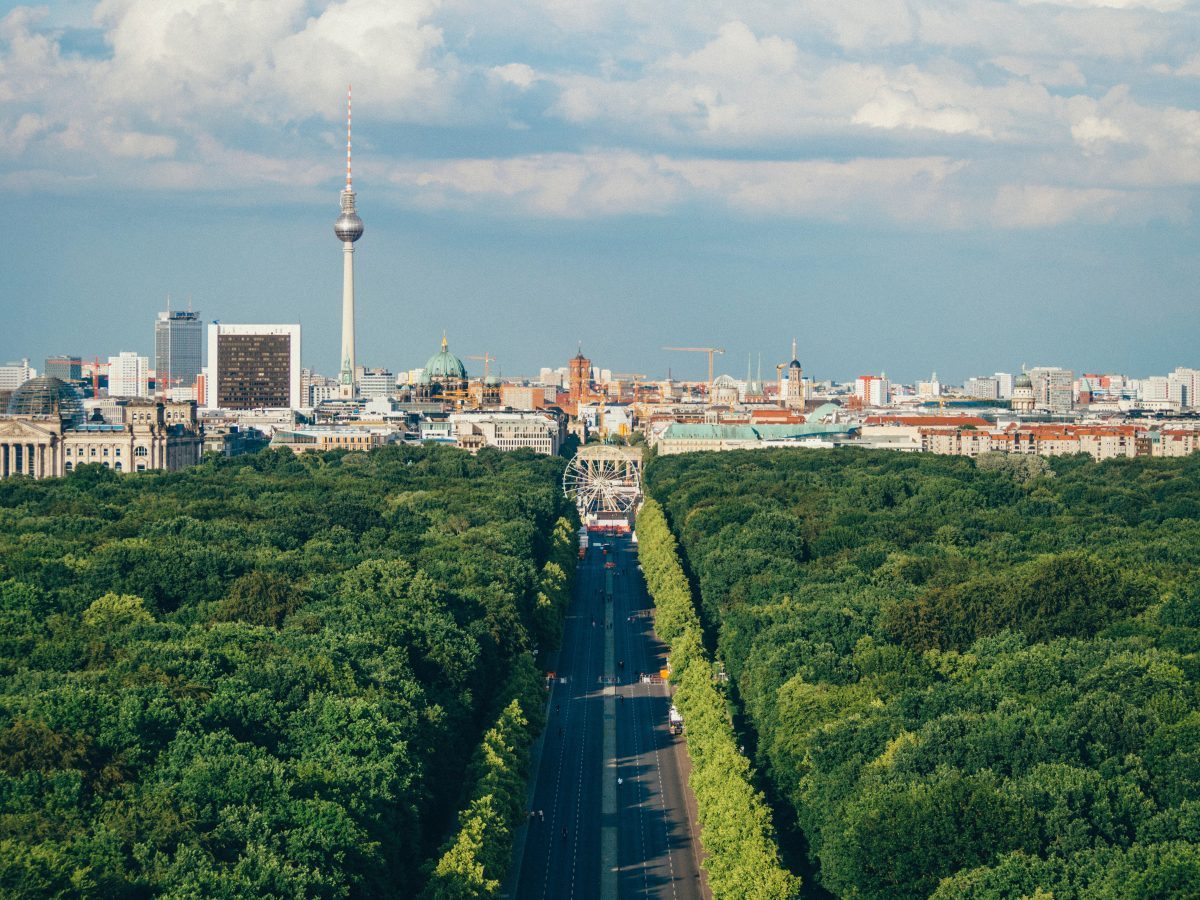How Is Social Media Regulated in Singapore?
Introduction paragraph
Are you curious about the regulation of social media in Singapore? Social media has become an important part of daily life in Singapore and around the world. With its reach, it is also an important tool for governments, businesses, and individuals to communicate, share information, and network. However, to ensure only responsible content is out there for public consumption, there are rules and regulations governing how social media may be used in Singapore. This article looks at what the government regulations are and the roles responsible parties play in ensuring the use of social media remains appropriate.
Defining Social Media Regulation
Social media regulation is a set of measures taken by governments to control and monitor Internet activities, information and content shared on various platforms such as Twitter, Facebook, Youtube, and Instagram. These regulations serve to protect public safety and maintain public order. Regulations vary from country to country, but typically consist of a range of techniques including censorship of online content, monitoring activities, limiting access to certain platforms, or customizing algorithms to moderate content.
Regulations in Singapore
In Singapore, the government has introduced a set of laws and policies to regulate social media. The main legislation governing this is the Broadcasting Act, passed in January 2011. This Act makes it compulsory for broadcasters, who provide news and current affairs programmes as well as documentaries, to adhere to certain regulations concerning balance and fairness of their content. Additionally, they must not broadcast offensive content or incite violence or hatred.
The government also passes laws that govern behaviour such as cyberstalking and cyberharassment. These laws should encourage responsible behaviour, but also allow for those who breach them to be punished. Some of these laws are aimed at preventing the spread of fake news. Fake news is a growing problem on social media and has caused harm to many people and organisations. In Singapore, if someone is found guilty of spreading fake news which incites hatred and violence or promotes terrorism, they can face jail time for up to 5 years or a fine of up to SGD 50,000 (USD 37,633.20).
Other Policies Implemented by Government
In addition to passing laws, the Singaporean government has other policies in place to regulate social media use. These include introducing age-rating systems, establishing a Code of Practice for Online Content Providers, and setting up a multi-stakeholder approach to monitoring online content and activities.
The age-rating system was introduced in 2016 as part of the Broadcasting Act. It requires broadcasters to take into account the age of their intended audience when creating, distributing or broadcasting programmes online. They must make sure they comply with the code of practice which has been established by the government.
The Code of Practice for Online Content Providers was introduced to ensure that content is appropriate for the audience it is intended for. This code covers areas such as language, sexuality, violence and racial/religious/national themes. Additionally, content that incites hatred or physical harm towards another individual or group is prohibited.
The multi-stakeholder approach works to promote public awareness and education campaigns about responsible social media behaviour. This includes teaching people how to use social media responsibly and understanding the consequences that could arise from inappropriate behaviours or misuse. It also seeks to encourage people to report any objectionable content found on social media platforms so that it can be removed immediately.
Concerns & Challenges
The regulatory system implemented in Singapore is widely praised for its effectiveness in controlling online content and activities. However, there are still some concerns and challenges surrounding the regulation of social media in the country. One issue is that some regulations may limit freedom of speech as they are too broad in scope and could be used to target individuals or groups with dissenting views rather than protecting public safety. Another issue is that even with age-rating systems in place, it can be difficult for content providers to monitor every post or comment made on social media networks so it is still possible for inappropriate content to get through.
Conclusion
Overall, Singapore has made a lot of progress in regulating social media usage over the years through various laws and policies. These regulations aim to protect users from harmful content whilst still allowing freedom of expression on social media platforms. Despite this progress, the challenge of safeguarding responsible behaviour on social media remains due to the broad scope of some regulations and difficulties associated with monitoring every post or comment made online. PublicLawGroup provides a useful overview on the regulatory system in Singapore for anyone interested in learning more about this topic.

